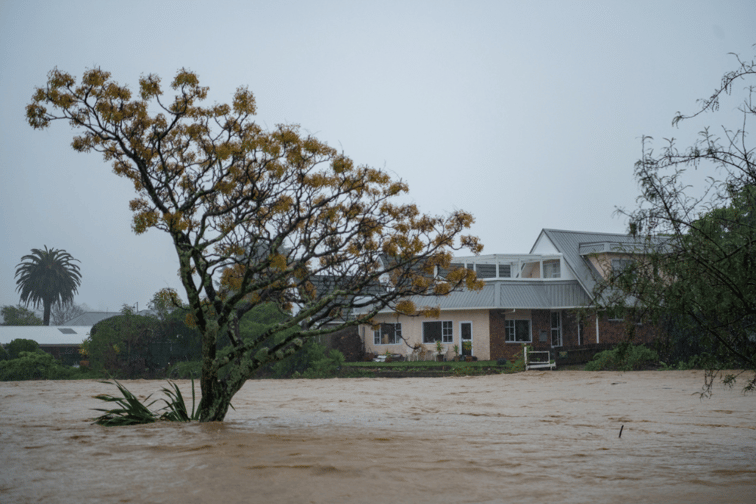

Climate change dominated discussions at the Insurance Council of New Zealand (ICNZ) 2022 conference, according to a report by RNZ, with several industry leaders and researchers ruminating on how climate disasters will affect insurance companies in the long run.
Lucy Hone, co-director of the New Zealand Institute of Wellbeing & Resilience, urged the insurance industry to move beyond its “old-school model of ‘this is how we run an insurance company’” as this isn’t enough to prevent the risks caused by a worsening climate crisis.
Suncorp chief executive Jimmy Higgins also noted “that the frequency and severity of weather events is worsening,” voicing concerns that the added pressure brought by climate change to New Zealand’s infrastructure would continue to present issues for insurers and homeowners alike.
“It's not necessarily the rain that has fallen, but how that rain and how that water has washed silt and debris into homes,” Higgins said, according to RNZ’s report. “The infrastructure that's designed to support water flow, the capacity of stormwater drains, for example, how is that maintained?”
Shamubeel Eaqub, an economist and chartered financial analyst, discussed the “big implications” that climate change had for insurance companies and their customers.
Eaqub said there are fewer people paying for insurance now as a result of expensive premiums and an increase in the cost of living, adding that the country’s approach to housing is exacerbating the problem.
With sea levels rising, coastal homes could soon become uninsurable. According to Judy Lawrence, a climate change researcher at Victoria University, building property on the coast is “not a great idea” now or “ever again.”
“The risks will be borne by somebody at some point; the more vulnerable who can't afford insurance will suffer the most,” Lawrence said.
Echoing her point, Eaqub warned Kiwis to be careful where they build property.
“We have to stop building on vulnerable places right now,” he said, adding that it is “extraordinarily irresponsible” to continue building in flood-prone and storm surge zones.
“People with more money have more choices, and people with fewer means have less ability to move out,” Lawrence said. “We saw that in New Orleans, with the big floods: the poor people stayed, and the rich people left.”
